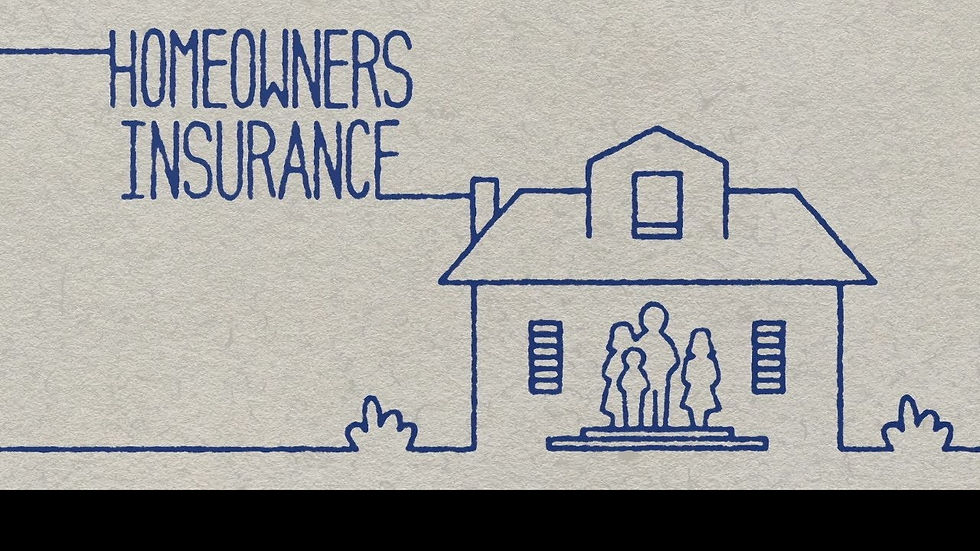Website Cleaning And Repair Tips For Web Defacement
- brittany wolfe
- May 7, 2020
- 3 min read

Web defacement is the most obvious sign that someone has hacked your site. In many cases, it's just a prank from a disgruntled employee while many a time, it's a hacker demanding a ransom for your website. In either case, you need to conduct website cleaning and repair in Denver and secure your site from future cyberattacks. Your website is your business's first impression for potential customers. Any defacement could ruin that impression, turn away potential clients and damage your reputation. So preventing such attacks from occurring in the first place is the best option for you. Of course, taking precautions doesn't always guarantee you will be secure.
How To Deal With Website Defacement
Inform Everyone
You must inform everyone, especially your customers about your website being hacked, the steps you are taking and how soon you expect the site to be secure again. Do it through social media, emails, press releases, etc.
Contact Web Host/Repair Service
Servers usually keep a backup of the website and can restore it to the original settings before the defacement. You may need to hire a third-party for website cleaning and repair in Denver if the damage is too extensive for the server to handle or you don't have a backup.
Change The Password
Not changing the password after a cyberattack is just asking for another. Use a strong password and change it periodically.
Notify
Once your website is secure, you can notify everyone about it.
How To Prevent Web Defacement
The best way to deal with web defacement is to prevent it from happening in the first place. Preventing defacement is also more affordable than repairing the website. Here’s how you can do it:
Conduct Security Audits
Hackers search for vulnerabilities in your site that aren’t patched properly. You need to conduct regular audits and penetration tests to find these vulnerabilities and patch them properly.
Limit Access Levels
Having many administrators on your website leaves the door for cyberattacks open through the login page. You can prevent cybercriminals from gaining unauthorized access and defacing your site by limiting access to your content.
Choose Hosting Services Carefully
You can prevent most cyberattacks by using secure hosting services in Denver. It’s safer to use a managed host rather than a shared host because one corrupt site on a shared host can pose a security risk for other sites on the server. A good server provides security sweeps, firewall protection, malware scanning, restricted access to core files and backups while maintaining log records properly.
Scan Your Source Code
You need to scan your website’s source code periodically to ensure that it has no malware. You can use an automated scanner can scan the files regularly and quickly. It can also patch any defects in the code. If you or someone on your team has technical skills to conduct a scan, you can also do it manually as well to fix the issues that the scanner may have missed.
Audit Your Plugins
Widgets and plugins are major sources of hacking because hackers can use the vulnerabilities in the outdated once. You need to audit and remove outdated plugins that you no longer use. Having no plugin is better than having many you don't really need or use.
Install Defacement Monitoring Tools
Defacement attacks leave you with very little time to react because the moment it occurs, your visitors can see the effects. You need to act swiftly to manage the damage and knowing that an attack has occurred as soon as it occurs will help a lot. Defacement monitoring tools detect when an unauthorized change to your website occurs so that you can handle it.
Create Backups
Despite your best efforts, you may find unsavory content defacing your website. A backup can help you return things to normal. Many hosting services in Denver create backups automatically, do ask about it. You can and should create manual backups in case the server is compromised. You can also use software to create separate backups.




Comments